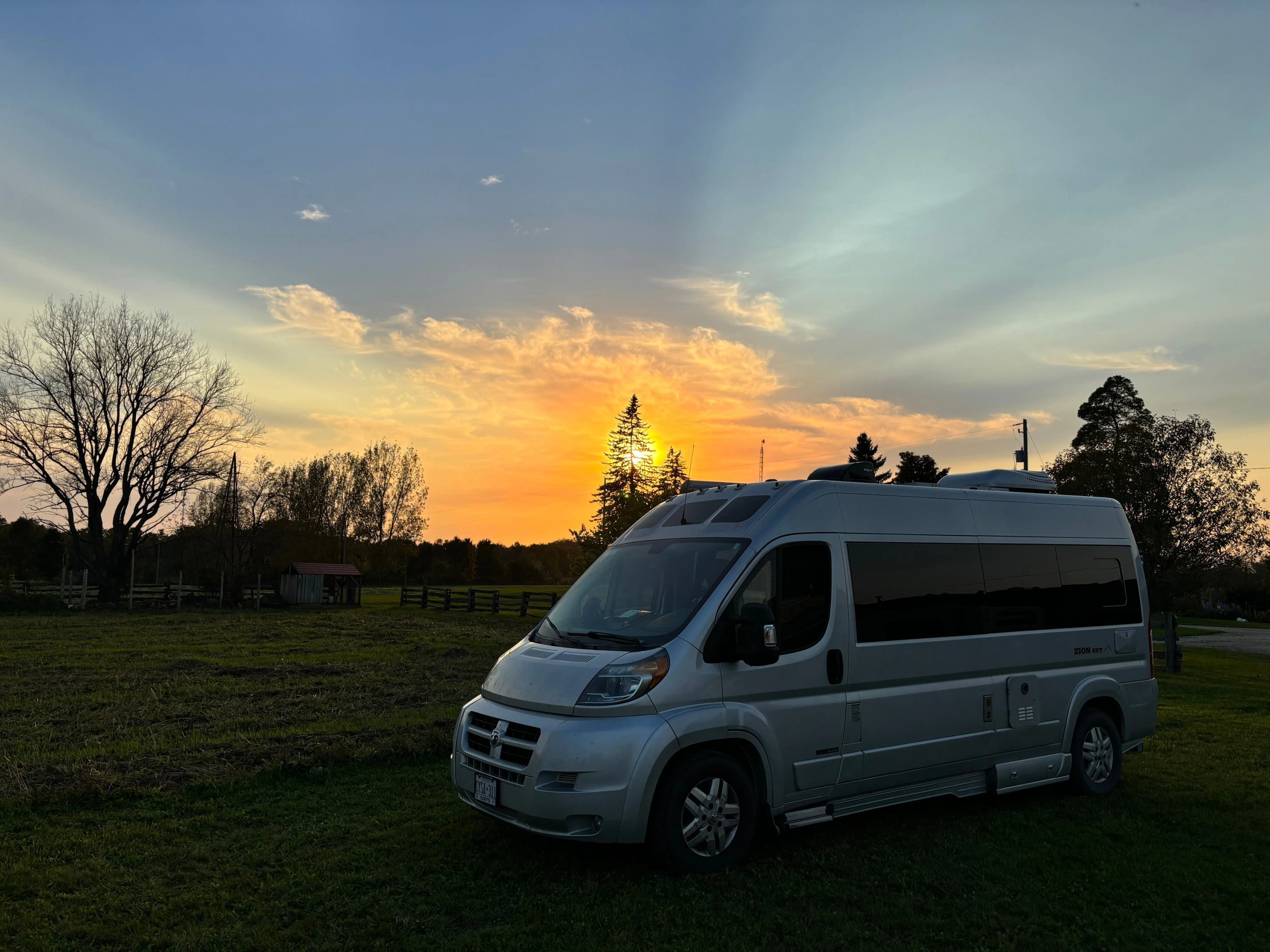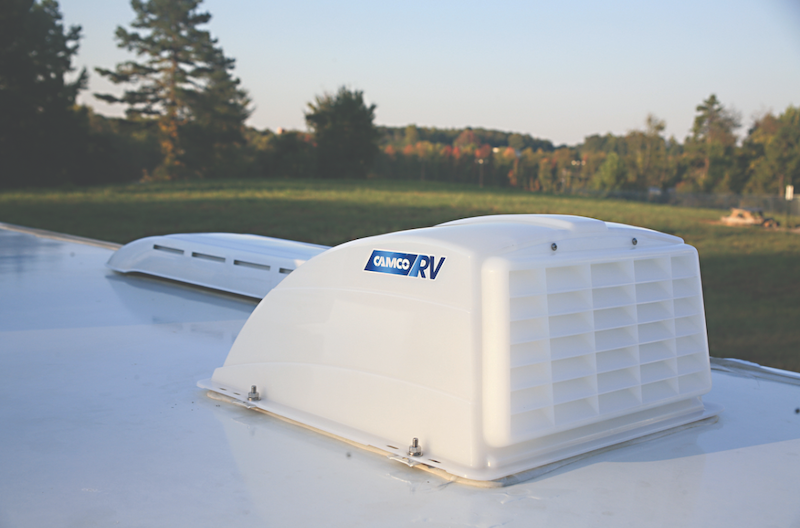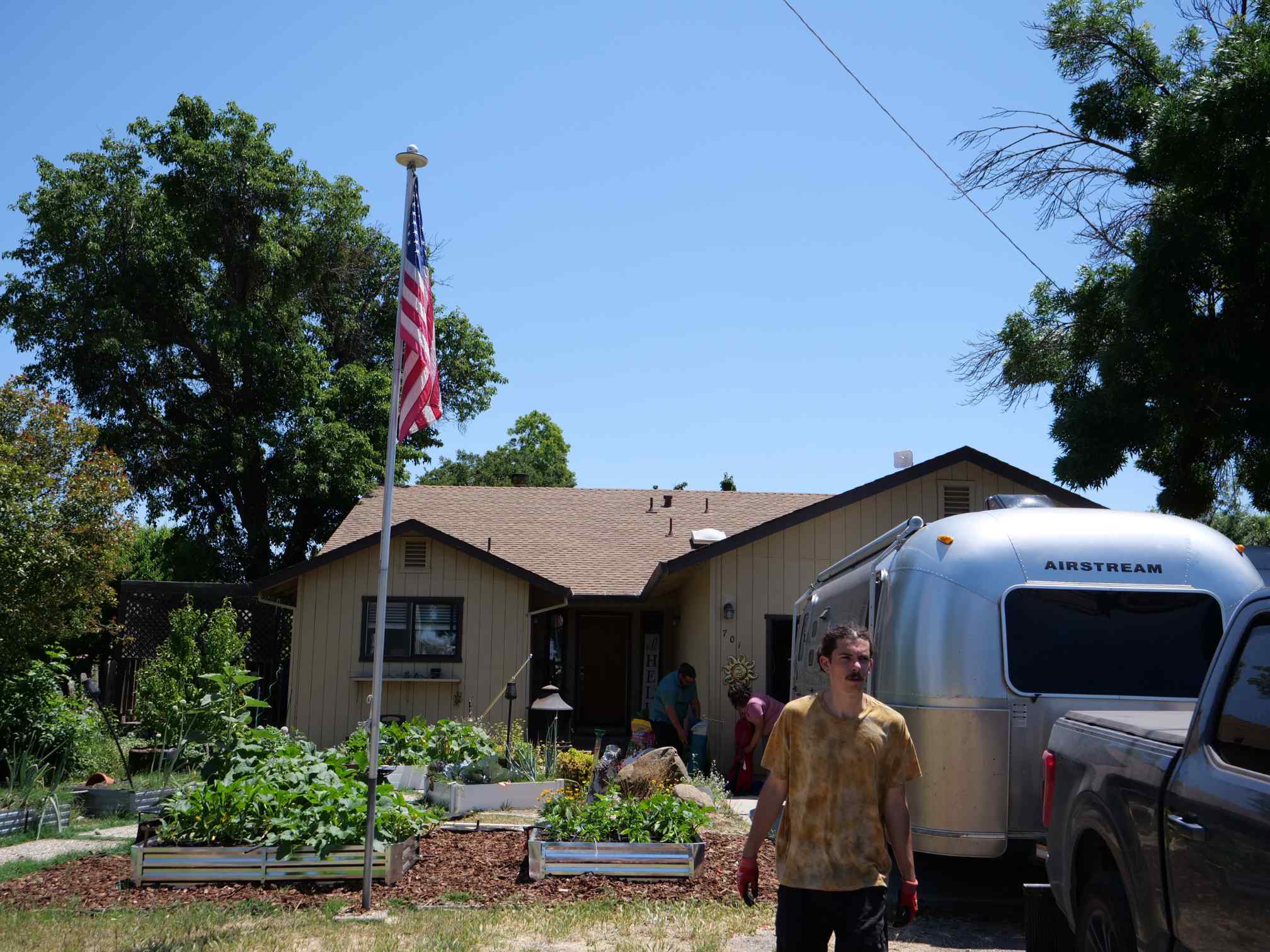Important Information for Canadian Snowbirds
Although border authorities permit a six-month (183-day) stay, the limit set by the American IRS before US income tax is incurred is only 120 days per year (approximately). The actual calculation is based on the average number of days in the country during a 3-year period.
If you visit The States for several months at a time, or if you go across regularly at other times throughout the year, it’s very important that you keep an accurate record of your entry and exit dates. Including those one-day trips to fill up with gas, or just cross from one destination in Canada to another; they all count!
As of July 11, 2019, all entry/exit information of travelers including Canadian and American citizens at land ports of entry is being automatically shared between the two countries. So, whatever you do, don’t try to fudge your dates.
For tax purposes, any Canadian who spends roughly four months or more in the U.S. each calendar year should annually file the IRS Form 8840 Closer Connection Form. It is the only simple way to be treated as a non-resident and avoid needing to file a US tax return.
The three-year calculation known as the Substantial Presence Test determines whether or not you need to submit the closer connection form. If you typically spend an accumulated four or more months annually in the U.S., we strongly recommend that you file the 8840 Form by the June 15th deadline. You are eligible to file the 8840 Form as long as you do not exceed 182 days in a single calendar year.
Note that the number of allowable days doesn't necessarily reset on January 1st or when the calendar year changes. The time is based on your travel dates but can continue from one calendar year to the next. If my explanation seems complicated, download and fill in Form 8840; it will, hopefully, clarify things for you.
Here are links to three websites that explain it more officially than I ever could. They also provide links for downloading the current year's Form 8840.
The Royal Canadian Mounted Police Veterans Association
Canadian Automobile Association (CAA)
Additional details:
- If you cannot prove you have a permanent year-round residence (owned or rented) in Canada, you could encounter additional scrutiny.
- If you bank in the U.S. as a convenience, be sure your account doesn't earn a penny of interest to avoid being required to file a US tax return.
- If you own property in the U.S. you should file Form 8840 regardless of your length of stay in the country.
- Both spouses traveling together need to submit the form.
Finally, and a bit of an aside, I found something that surprised (and shocked) me while researching this information. The Royal Canadian Mounted Police Veterans Association website states: “The bigger custom stations have the technology to hear what you are saying in your vehicle one km. from the border.”
I hope that sharing the above information will help save Canadian travelers from potential hassles from the IRS and border authorities.
Learn More About Boondockers Welcome
We promise not to spam you!







Wow! Now I’m wondering what I should be aware of when traveling on Canada as a U.S. citizen.
Great idea for another blog post! 🙂
In today’s digital age, having a mobile-friendly website is crucial, and ZoomE Australia delivers on this front. The website is fully responsive, meaning it adapts seamlessly to various screen sizes and devices https://zoome-au.com/mobile-and-app/. Whether users are accessing the site from a desktop, tablet, or smartphone, they can expect a consistent and optimized experience. The mobile version of the site retains all the functionality of the desktop version, with touch-friendly controls and easy-to-read text. This responsiveness ensures that users can manage their transportation needs on the go, making ZoomE Australia’s services more accessible and convenient for a broader audience.